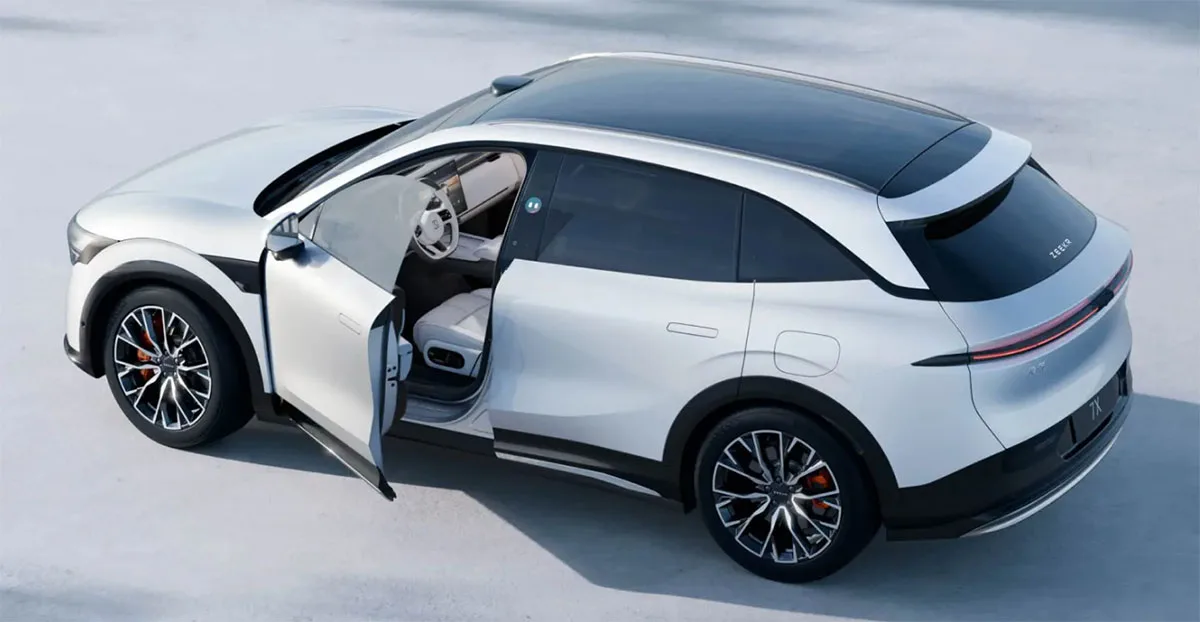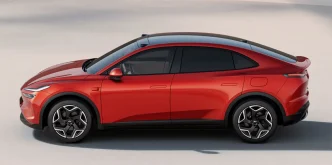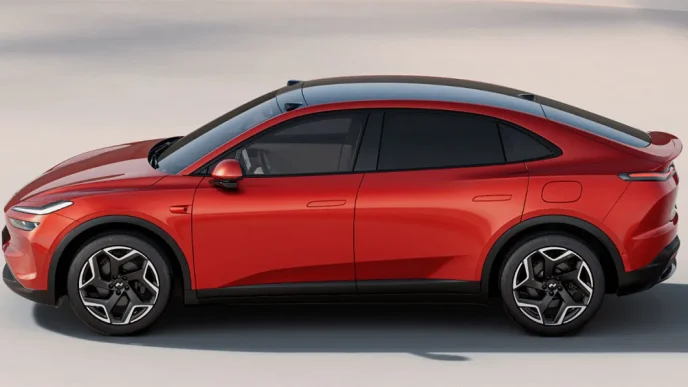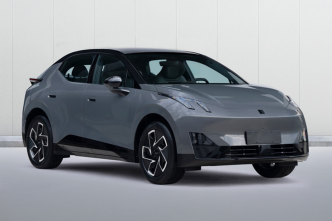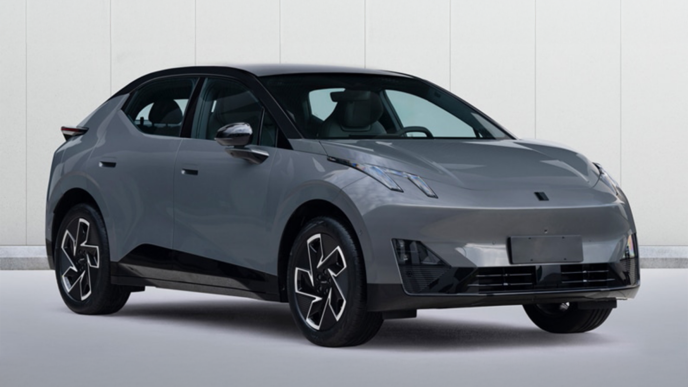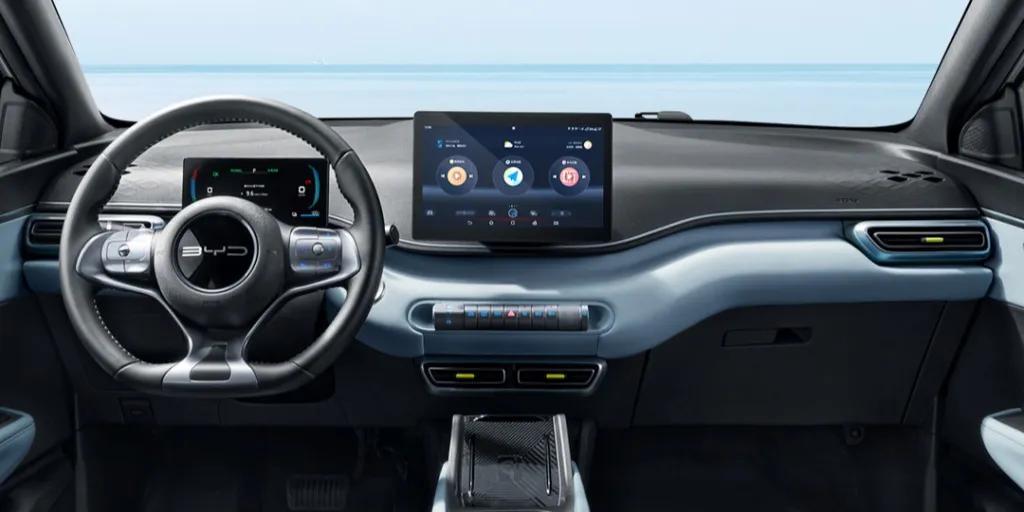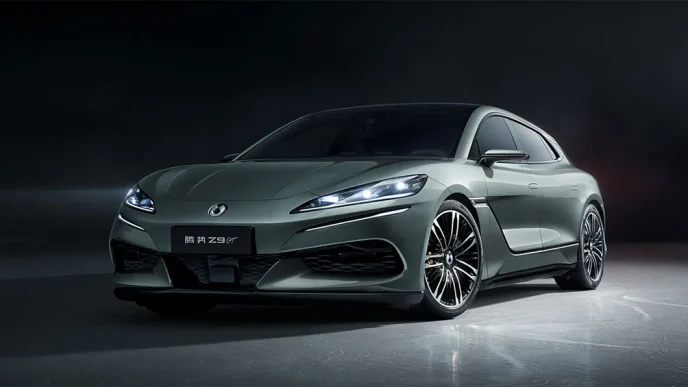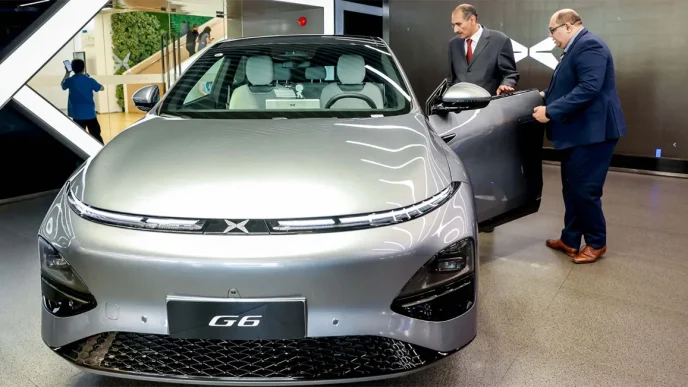Zeekr has officially launched the Zeekr 7X, its second electric SUV targeted at the mainstream EV market, during an event in Shanghai. The five-seat SUV is positioned as a competitor to Tesla’s Model Y, featuring a starting price of RMB 229,900 ($32,590), which is RMB 9,100 lower than its pre-sale price and below the Model Y’s starting price of RMB 249,900 in China.
Since the commencement of pre-sales on August 30, the Zeekr 7X has garnered over 58,000 orders within just 20 days, according to the company. Deliveries are set to begin in China at the end of September, with a global market launch expected within the next year.

The Zeekr 7X is available in three variants, priced at RMB 229,900, RMB 249,900, and RMB 269,900, with the highest variant equipped with dual motors, while the other two use a single motor. This model follows the Zeekr 007 electric sedan, which launched on December 27, 2023, and targets the same market segment.
Based on Geely’s Sustainable Experience Architecture (SEA), the Zeekr 7X measures 4,825 mm in length, 1,930 mm in width, and has a height of 1,656/1,666 mm, with a wheelbase of 2,925 mm. Zeekr claims the design achieves a balance between a sporty exterior and a spacious interior, moving away from traditional long-wheelbase designs that sacrifice cabin space.

The SUV operates on an 800 V high-voltage platform, offering greater energy efficiency compared to conventional 400 V models. It comes with two battery options: a 75-kWh lithium iron phosphate (LFP) battery with a CLTC range of 605 kilometers, and a 100 kWh nickel-manganese-cobalt (NMC) battery pack with a CLTC range of 780 kilometers. The LFP battery, developed by Zeekr engineers, is noted for its rapid charging capability, reaching 10 percent to 80 percent in just 10.5 minutes.
Performance-wise, the single-motor variant produces 310 kW of peak power and 440 Nm of torque, enabling acceleration from 0 to 100 kilometers per hour in 5.7 or 5.8 seconds. The dual-motor variant increases peak power to 475 kW and torque to 710 Nm, achieving 0 to 100 km/h in 3.8 seconds.
